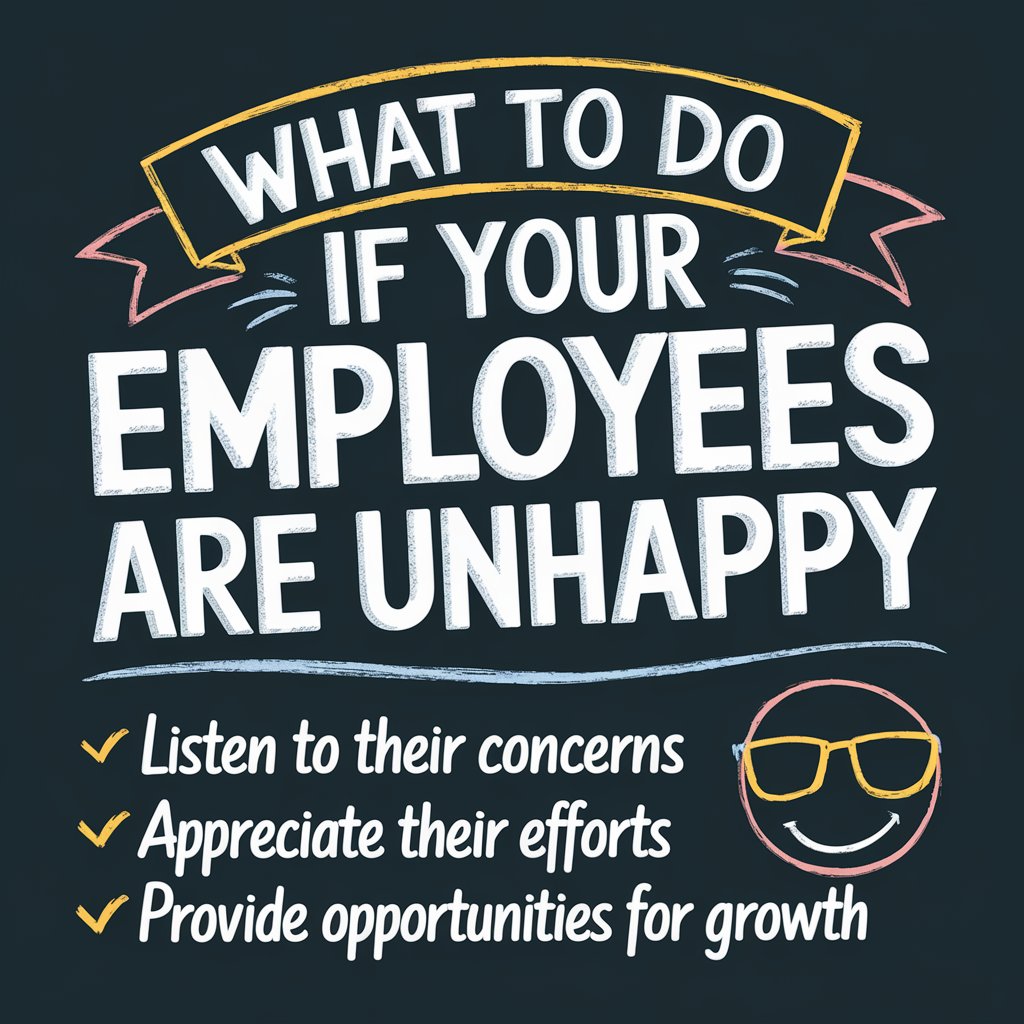Automation is revolutionizing company operations by introducing unparalleled speed and efficiency to formerly labor-intensive and manual procedures. Proposal automation is a crucial element in the sales domain that helps optimize processes and boost efficiency. The benefits of automated proposal systems are manifold, ranging from increased win rates to better document correctness. We’ll examine these advantages in-depth in this post and see how they might improve the proposal management strategy of your company.
Exploring the Efficiency of Proposal Automation in Streamlining Sales Processes

The benefits of proposal automation are immense, revolutionizing the traditional time-consuming manual processes involved in proposal writing. By automating tasks such as formatting, customization, and data entry, this software accelerates the proposal creation process, saving valuable time for sales teams. It ensures accuracy and consistency while allowing teams to focus on strategic activities like client engagement and market analysis. Streamlined workflows prevent critical steps from being missed, fostering effective collaboration and centralizing resources. With access to pre-designed templates that can be customized to reflect brand standards, sales personnel can rapidly assemble personalized proposals tailored to meet client needs. Instant response capabilities to requests for proposals (RFPs) provide a competitive edge, enabling businesses to swiftly compile information and generate draft proposals, potentially clinching deals in time-sensitive industries.
Enhancing Accuracy and Consistency Across Business Proposals
In the world of business proposals, accuracy and consistency are paramount. Proposal automation tools ensure documents are error-free and align with brand messaging, utilizing standard templates and pre-approved information. They maintain consistency by centralizing up-to-date descriptions and specifications in a content library, enabling sales teams to confidently present accurate product information. These tools also facilitate data-driven personalization by integrating with CRM systems to tailor proposals to each client’s needs and history. Additionally, centralized control over content ensures the integrity of company messaging, with only authorized individuals able to edit and approve content, reducing the risk of off-brand communications.
Leveraging Proposal Automation to Improve Response Times and Win Rates
Speed is paramount in meeting client needs, and proposal automation software excels by drastically reducing response times, leading to heightened client satisfaction. This efficiency not only sets a positive tone for the company’s agility and responsiveness but also increases win rates as prospects are more likely to engage with swift and attentive service providers. Moreover, automation streamlines the traditional proposal review process, accelerating digital workflows and integrating e-signature technologies for instant sign-offs. By tracking proposal engagement metrics, sales teams gain valuable insights into client interests and pain points, informing follow-up strategies and future proposal refinements, ultimately enhancing win rates and fostering business growth.
Integrating Advanced Analytics for Better Proposal Management and Optimization

Proposal automation revolutionizes the sales process by seamlessly integrating advanced analytics, and providing real-time insights through detailed reports and dashboards. Sales teams leverage this data to monitor proposal performance, enabling informed decision-making, strategy optimization, and content refinement. By uncovering trends and patterns, teams can enhance engagement by emphasizing successful elements and iterating on underperforming sections through A/B testing. Furthermore, analytics inform broader proposal strategies by analyzing win/loss data, empowering businesses to adapt proactively to market trends and customer preferences, thereby maintaining a competitive edge.
Reducing Operational Costs Through Automated Proposal Generation Systems
Implementing proposal automation offers significant financial benefits for organizations. The reduction in time spent on proposal creation translates directly into labor cost savings, while decreased errors and more efficient processes lead to lower costs associated with reworking proposals and potential business loss. Additionally, by moving to digital proposals, the significant costs of printing, shipping, and storage are minimized, contributing to environmental sustainability efforts. Automation also reduces the likelihood of costly mistakes, such as errors in pricing or compliance, which can damage reputation and client relationships. Furthermore, the scalability of automated systems allows businesses to handle increased proposal volumes without proportionate rises in operational expenses, facilitating growth and expansion.
Overall, proposal automation represents a strategic advancement for organizations seeking to optimize their sales processes. It touches upon vital aspects of business, including efficiency, accuracy, responsiveness, and cost reduction while opening doors to sophisticated data analysis that can profoundly inform sales strategies. With proposal automation, businesses can streamline their approach and pivot towards more impactful and profitable engagements.






